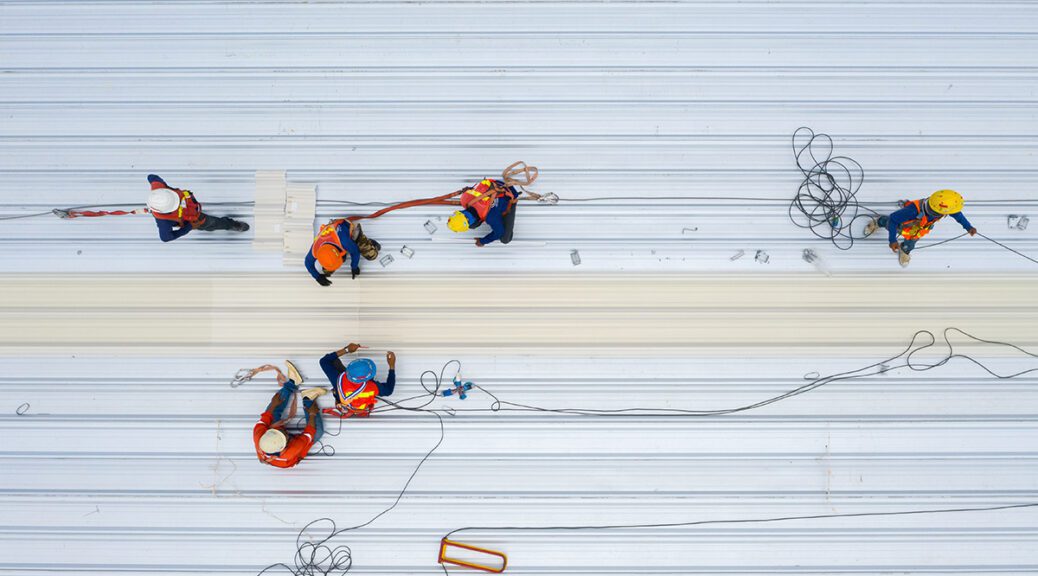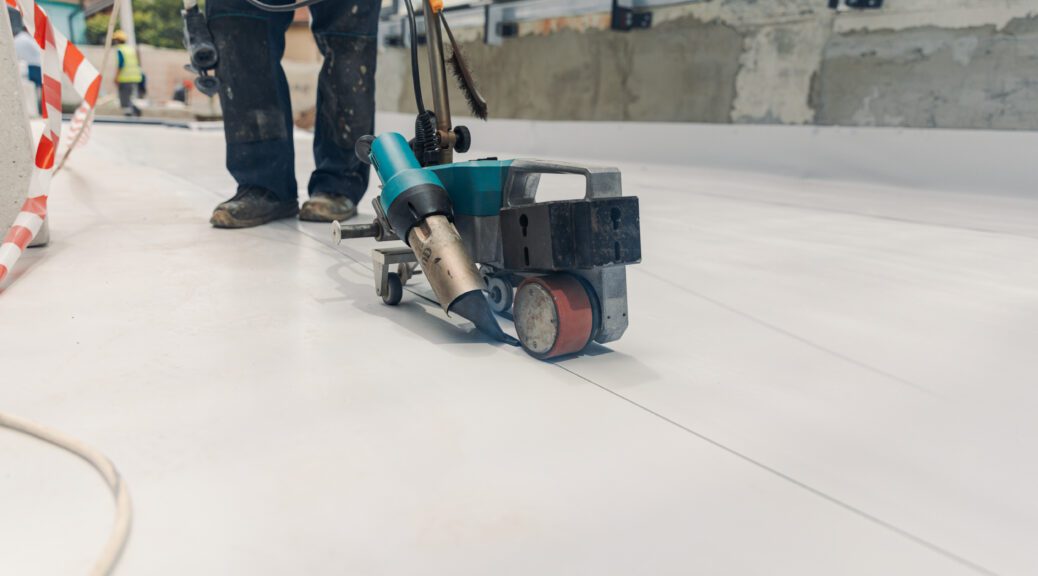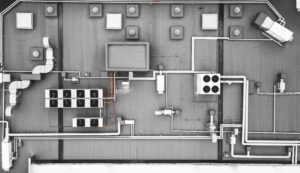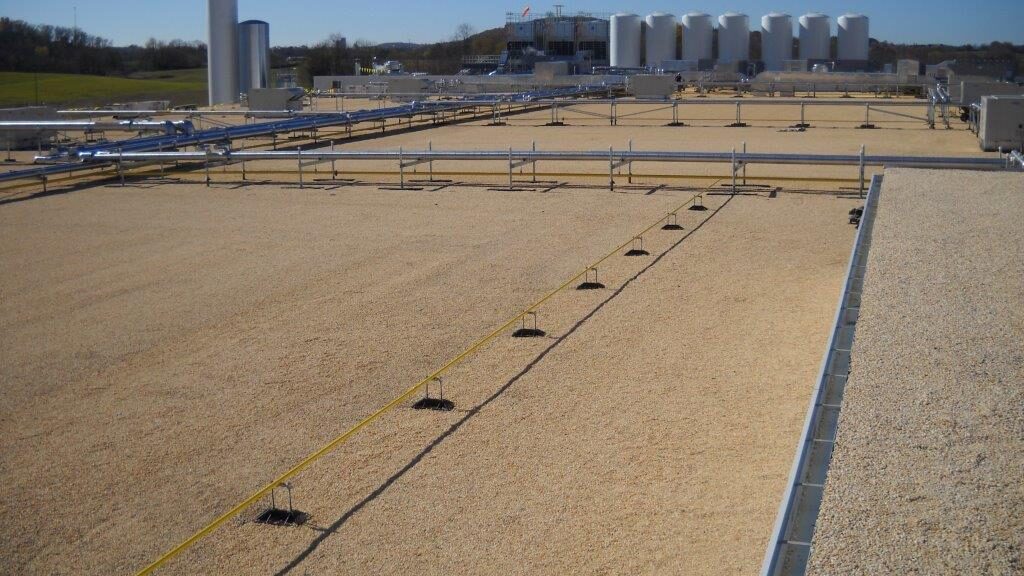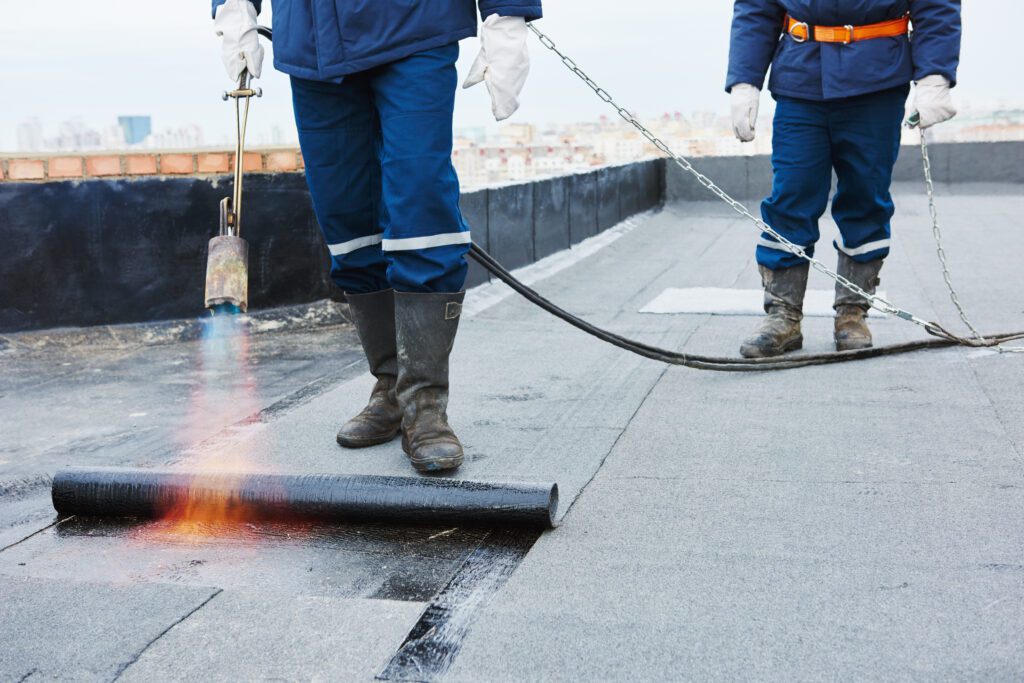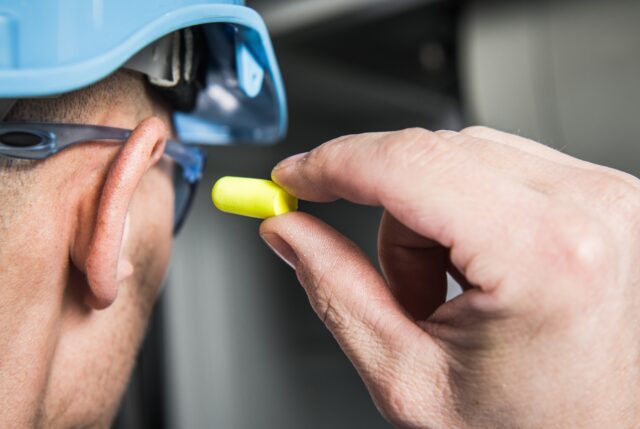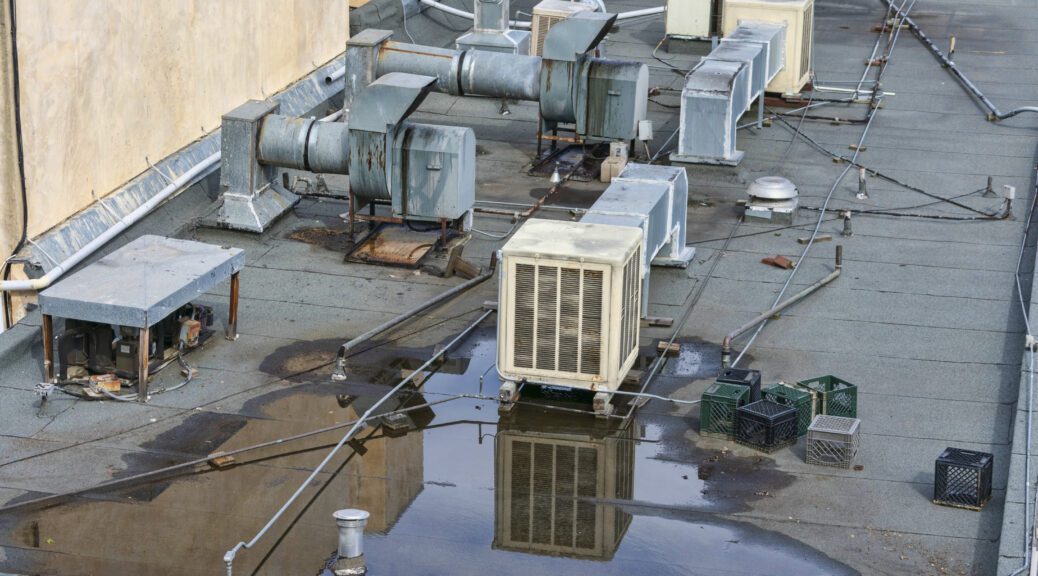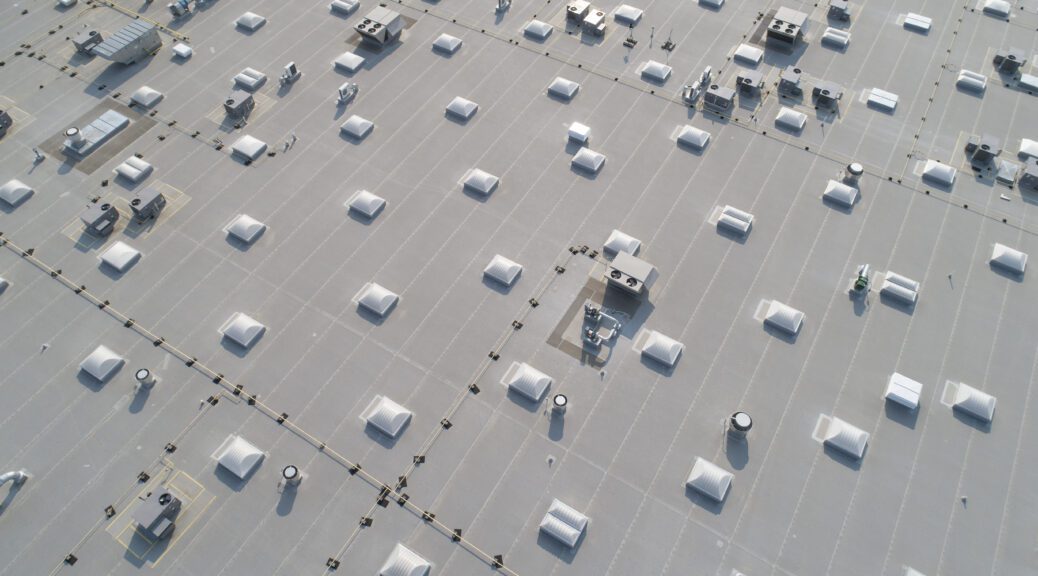Have you recently invested in a roof replacement? You might feel tax season on the horizon and be wondering how to claim that expense. Your new roof likely counts as a capital improvement, but you should discuss it with a tax or roofing contractor to know for sure. Capital improvement is a difficult-sounding term, and the importance of properly filing taxes can only increase the stress of understanding it.
If your business recently replaced its roof, it has made a large investment in the property. For financial success, it’s important to acknowledge that expense properly. Determining the return on investment can help you evaluate if your new roof has improved your building’s value, as well as estimate potential tax deductions. When you have any questions about your roofing work, come to the professional roofing contractors at Heidler Roofing and get the answers you need.
Is a Roof Replacement a Capital Improvement?
First, we need to understand what exactly a capital improvement is. A capital improvement is a financial term for expenses made to improve or restore a property. However, this doesn’t apply to just any work done to your building. According to the IRS, capital improvements are expenses applied to the structure or ‘key building systems’ of your property. A new roof is very likely counted as a capital expense under these rules because you are altering a large portion of the building’s structure, but the capital expense label isn’t guaranteed.
A roof system involves a large portion of a building’s upper structure, including support structures and load-bearing elements. These are less likely to be replaced during typical reconstruction and replacement.
Additionally, a capital improvement must increase your building’s valuation, extend its useful lifespan, or adapt it to a new use. Roof replacement applies to the first two, though possibly not the third. Because a roof replacement carries clear benefits to the building as a structural improvement, it is highly likely a capital improvement, which carries many benefits for tax season.
What Factors Go Into Determining if a Roof Replacement is a Capital Expense?
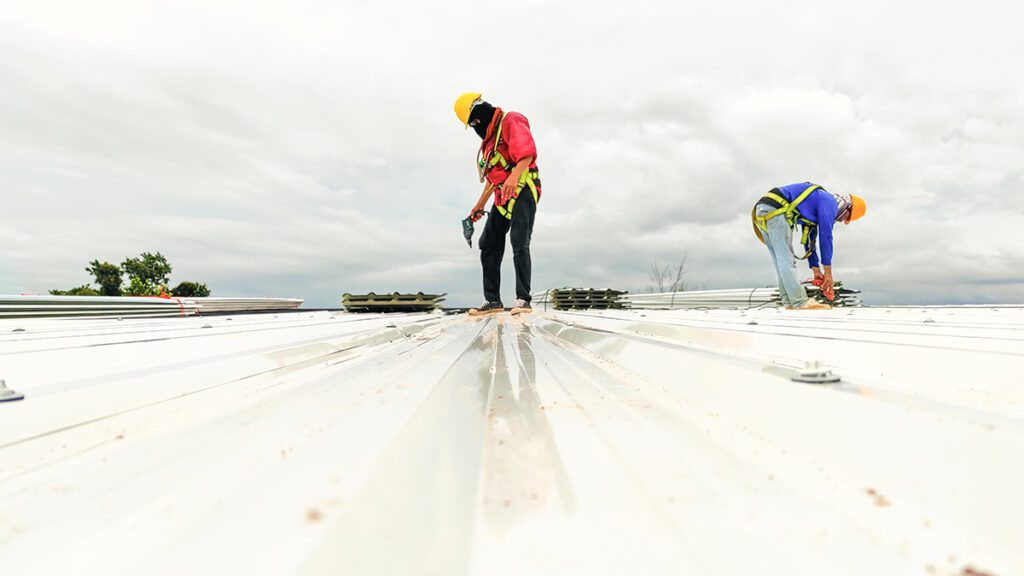
You don’t want to feel like this determination is arbitrary – you want to feel involved and active in understanding your property. You don’t want to be caught off guard by questions about your building’s value, especially when the answer directly affects your taxes. So let’s walk through some of the questions and factors that go into determining if a roof replacement is a capital Investment.
Many factors go into evaluating capital improvement, the first of which is why your roof was replaced. If your new roof was necessitated as part of a repair due to sudden damage, then it is not a capital improvement. This reason is because the cost of repair or replacement is considered an expense to bring the property back to the same condition. This rule is a general rule, though if newer and more durable materials are used, there may be an exception.
Additionally, if your roof was replaced because of renovations that enlarged the building itself, then the roof would be a capital expense. As a key part of the building structure at large, extending or fitting the roof to create a larger space would highly likely improve your building’s value. This fact would allow you to capitalize at least the enlarged portion of the system if not more.
Materials used are a major consideration in this determination. For roofs, upgrading the lifespan of your roof can be a reason why your roof replacement is a capital improvement. For instance, the typical lifetime of a built-up roofing (BUR) roof is around 20-30 years, but metal roofing could last 30-45 years. Just based on this, upgrading to the metal roofing option would be a capital improvement because it has a marked effect on the roof’s lifetime. However, this rule of thumb around improved lifetime would not apply if the previous materials were so outdated that they are no longer standard.
Lastly, how much time elapsed between acquiring the building and the roof replacement? If a property were purchased and then soon after had work done to fix defects, this would push the determination towards being a capital improvement. If it were a lengthy time between acquisition and replacement, this would lean towards a standard update to a building.
If you still aren’t sure if your new roof has added enough value to the property, try calculating the return on investment. The ROI is a way of looking at how much you spent and how much value was added to the property. Typically, real estate ROI is calculated by finding how much your remodel improved the sales price and then subtracting and dividing the price by how much the project cost. The exact value increase is not a determining factor, but having a set number to point to can help back up claims of a tangible improvement.
Is a Roof Repair a Capital Improvement?
While the answer to the question of “Is a roof replacement a capital improvement?” leans towards “yes,” roof repair isn’t a definite capital improvement. Roof repairs can be just as large as replacements with some buildings and just as expensive. However, a repair doesn’t always increase valuation or extend its lifespan.
Roof repairs are typically not capital improvements because of this, but it isn’t always the case. Depending on the work done and the extent of the repairs, it is possible to claim a roof repair as a capital improvement. Take the time to contact a tax expert so that you can have every expense and deduction counted properly on your taxes.
Why You Need to Document Capital Improvements
Now that we know how to tell if a roof replacement is a capital improvement, we can discuss why it matters if a roof replacement is a capital improvement. These are also sometimes called capital expenses because they are expenditures towards your capital – your business’ worth. Whenever you make a large payment, it is critical to keep careful records. Mostly, this will allow you to make important deductions and claims for your tax-season filings.
Capital improvements need to cover a wide array of building improvements. Everything from the foundation to the roof has the potential to bring increased value to your building. But making sure you get the most out of your building goes beyond just what you do in the space. A commercial property is one of the biggest investments you can make, and getting a return on that investment requires a lot of work. Being certain about your capital investments will save you time and money while keeping you in line for tax season – call a contractor today!
Resources:
https://www.irs.gov/businesses/small-businesses-self-employed/tangible-property-final-regulations


